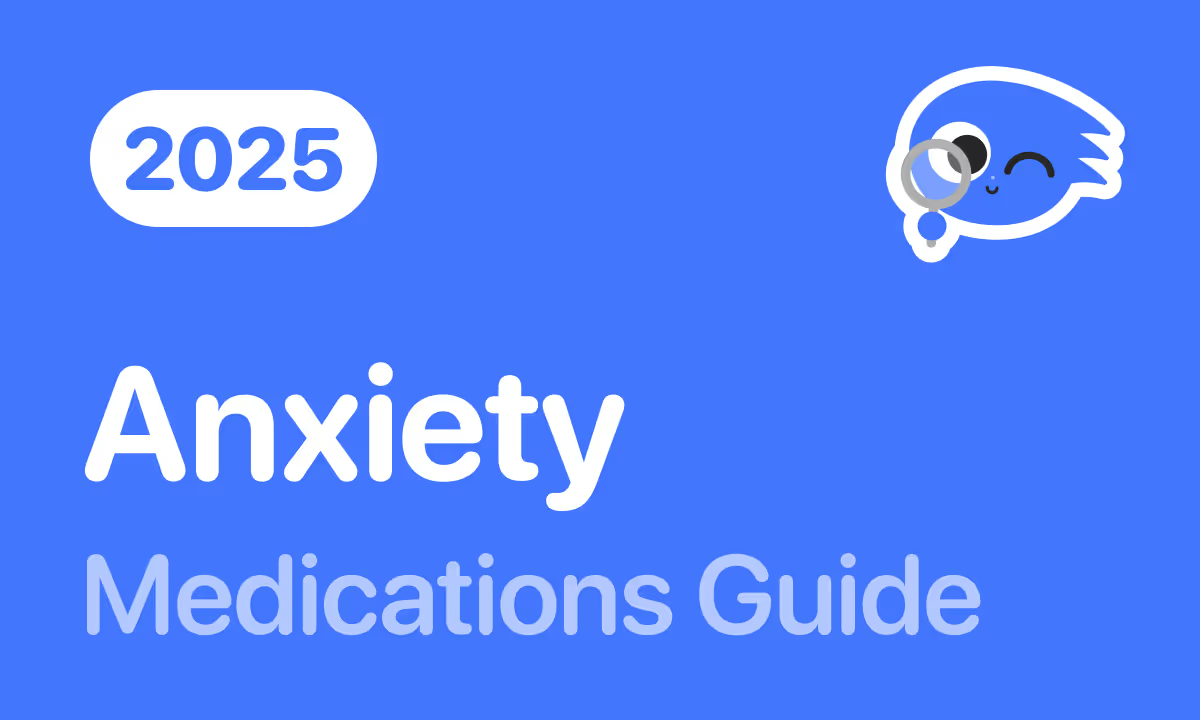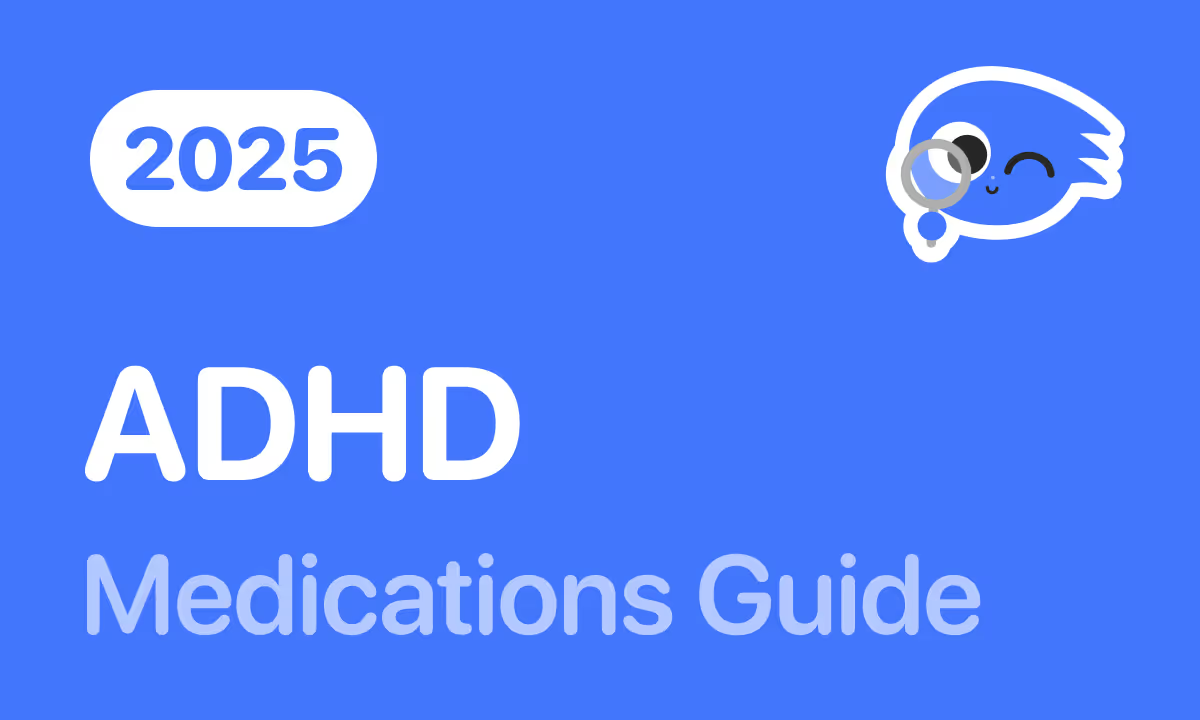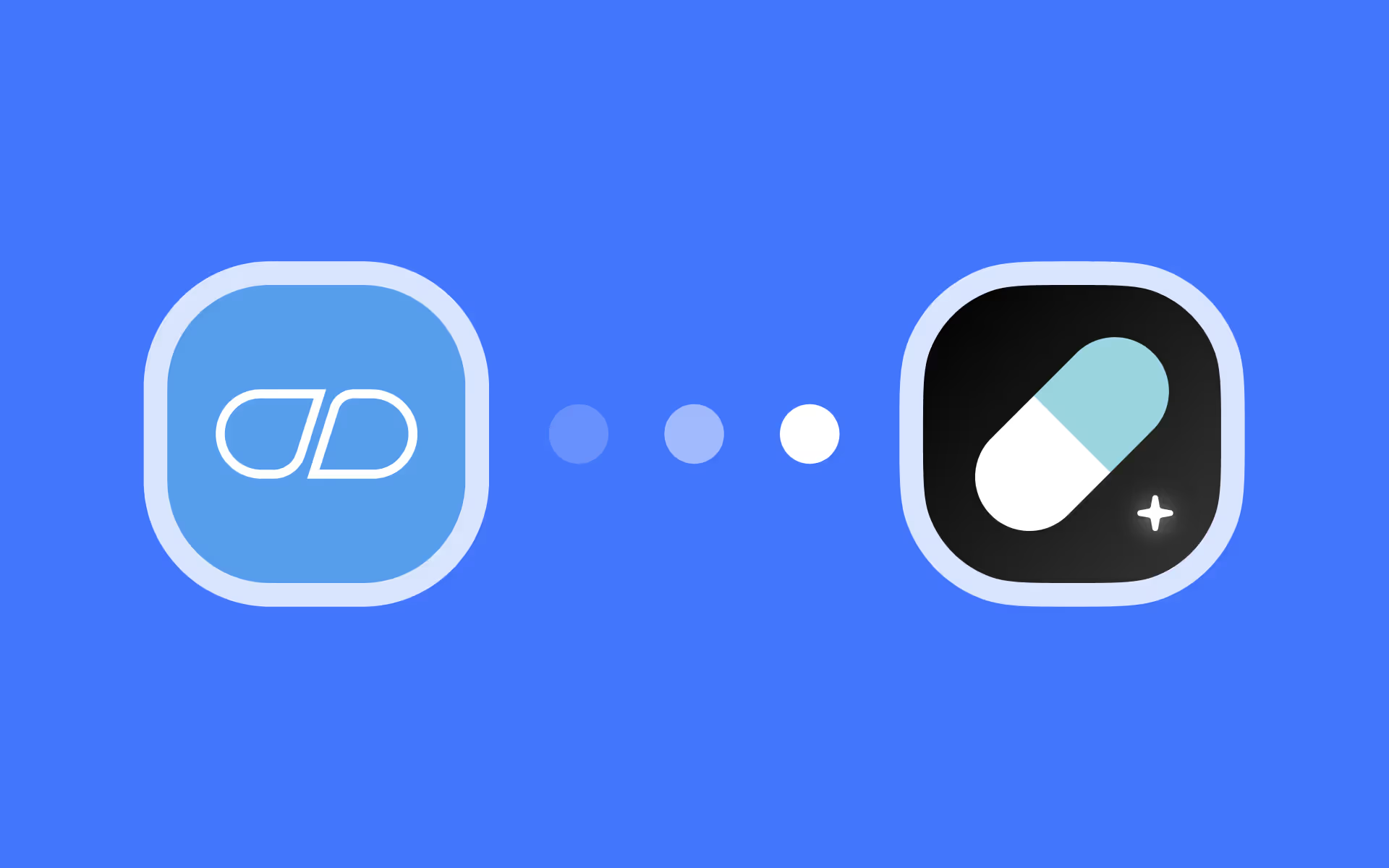Have you ever thought about cutting your tablet medicine in half? Many people do this to make pills easier to swallow, save money, or change their dose. But splitting pills isn't as simple as you might think.
Many people believe that cutting a pill always gives you half the medicine's strength and is never harmful. But is this true? Not always. Let's look at when it's okay to split pills and when it's not.
1. When should you avoid splitting a pill?
Not all pills are created equal. So, how can you know which medications are safe to split?
The golden rule is "DO NOT SPLIT THE PILL" and "ASK A HEALTHCARE PROFESSIONAL FIRST". However, sometimes splitting pills is unavoidable. Here are some tips to help you identify which medications might not be possible to split:
Let's look at which medications should never be split:
(1) Time-release or extended-release tablets
These medications are designed to release the active ingredient slowly over time. Splitting them can disrupt this carefully engineered release mechanism, potentially causing too much medication to be released at once. This could lead to dangerous side effects or reduce the medication's effectiveness over the intended duration.

(2) Coated pills that protect your stomach
Some pills have special coatings designed to prevent stomach irritation or to ensure the medication reaches the intestines before being absorbed. Splitting these pills can destroy this protective layer, potentially causing stomach upset or reducing the medication's effectiveness. Additionally, the coating might be crucial for masking an unpleasant taste or protecting the drug from stomach acid.
(3) Pills with multiple active ingredients
These combination medications often have different active ingredients distributed unevenly throughout the pill. Splitting them could result in uneven doses of each ingredient, potentially altering the medication's intended effects. This is particularly crucial for medications where the balance of ingredients is precisely calculated for therapeutic efficacy.
Splitting these types of medications can be dangerous. It might release too much medication at once or reduce its effectiveness. Unwanted chemical reactions can also occur, potentially harming your body.
Remember, always check with your healthcare provider before splitting any pill.

2. When is pill splitting safe?
Some medications are designed with this possibility in mind.
While it’s not always safe, certain pills can be split with less risk and minimal impact on effectiveness. To ensure safe splitting, the following three conditions should be met

(1) Scored tablets
These have a line across the middle, indicating they're designed to be split if necessary. The score line is specifically engineered to allow for easy and accurate splitting. This design ensures that when broken along the line, the two halves will contain roughly equal amounts of the active ingredient. However, even with scored tablets, it's important to consult your healthcare provider before splitting.
(2) Non-coated tablets
These tablets may have active ingredients that are less reactive, making them potentially safer to split. Without a protective coating, they are often more uniform in composition throughout. This means that splitting them is less likely to alter the medication's effectiveness or cause unexpected side effects. However, some uncoated tablets may still be sensitive to moisture or light exposure when split.
(3) Immediate-release tablets
These tablets typically don't have special time-release mechanisms, so splitting might not affect their action. Immediate-release tablets are designed to release their active ingredients quickly after ingestion. Splitting these tablets usually doesn't interfere with how the medication works in your body. However, it's crucial to ensure that you're still getting the correct dosage when splitting these pills.

If your healthcare provider approves splitting your medication, follow these steps:
- Use the right tool: Invest in a pill splitter from your local pharmacy. Avoid using knives or scissors, which can lead to uneven splitting.
- Split one at a time: Don't split your entire supply in advance. This can expose the medication to air and moisture, potentially affecting its effectiveness.
- Check for evenness: Ensure both halves are as equal as possible. If they're not, consider using a different pill splitter or asking your pharmacist for advice.
- Take both halves: If you're splitting a pill for dosage reasons, take both halves to ensure you get the full dose.
- Store properly: Keep split pills in their original container to maintain proper storage conditions.
3. Alternatives to pill splitting
While pill splitting can be a solution in some cases, it's not always the best option. Before resorting to splitting your medication, consider these alternatives with your healthcare provider:
(1) Asking for Different Dosages
Consulting your healthcare provider is the first step in exploring alternatives to pill splitting.
When you meet with your doctor, explain your concerns about pill size, cost, or dosage. They may be able to prescribe a different strength that better suits your needs. If swallowing is an issue, your doctor might recommend a liquid form of the medication instead.
For those trying to adjust their dose, your doctor might suggest a gradual approach. Instead of having you split a higher dose pill, they could prescribe a lower strength pill. This method ensures more accurate dosing and eliminates the risks associated with splitting pills
(2) Exploring Generic Options
When considering alternatives to pill splitting, don't overlook the potential benefits of generic medications. Generic drugs often come in a wider range of dosage options compared to their brand-name counterparts. This variety can make it easier to find a dosage that suits your needs without resorting to splitting pills.
Additionally, generics are typically much less expensive, which might eliminate the need to split pills for cost reasons in the first place.
It's worth comparing costs carefully. In some cases, a lower dose of a generic medication might be more cost-effective than splitting a higher dose of a brand-name drug. Your pharmacist or healthcare provider can help you evaluate these options and determine the most economical approach for your specific medication.
Another advantage of generic medications is that they sometimes come in different formulations. You might find generic versions available as tablets, capsules, or even liquids, which could be easier to take or adjust according to your needs. This variety in formulation can provide alternatives to pill splitting that you might not have considered before.
Conclusion of pill splitting
Pill splitting can be a practical solution in some cases, such as when tablets are too big to swallow, the dosage is higher than needed for your symptom’s severity, or the medication cost is economically burdensome.
However, it requires careful consideration and guidance from a healthcare professional. Not all pills are suitable for splitting, and improper methods can lead to reduced effectiveness or an increased risk of side effects. Always consult your doctor before making any changes to how you take your medication. Explore alternatives like different dosages or generic options to ensure the safest and most effective treatment. Your health and safety should always come first.
FAQ for splitting pills
1. Can I split any pill to adjust my dosage or make it easier to swallow?
No, not all pills can be safely split. Time-release, coated, and multi-ingredient pills should not be split as it can alter their effectiveness and safety. Always consult your healthcare provider before splitting any medication to ensure it is safe and appropriate.
2. What types of pills are generally safe to split?
Scored tablets, non-coated tablets, and immediate-release tablets are typically safer to split. These types are designed to be divided without compromising their effectiveness. However, you should still use a proper pill splitter and follow your healthcare provider's advice.
3. Are there alternatives to splitting pills?
Yes, there are several alternatives. You can ask your healthcare provider about prescribing a different dosage that better suits your needs. Additionally, exploring generic medications can provide more dosage options and be more cost-effective, potentially eliminating the need for pill splitting.





